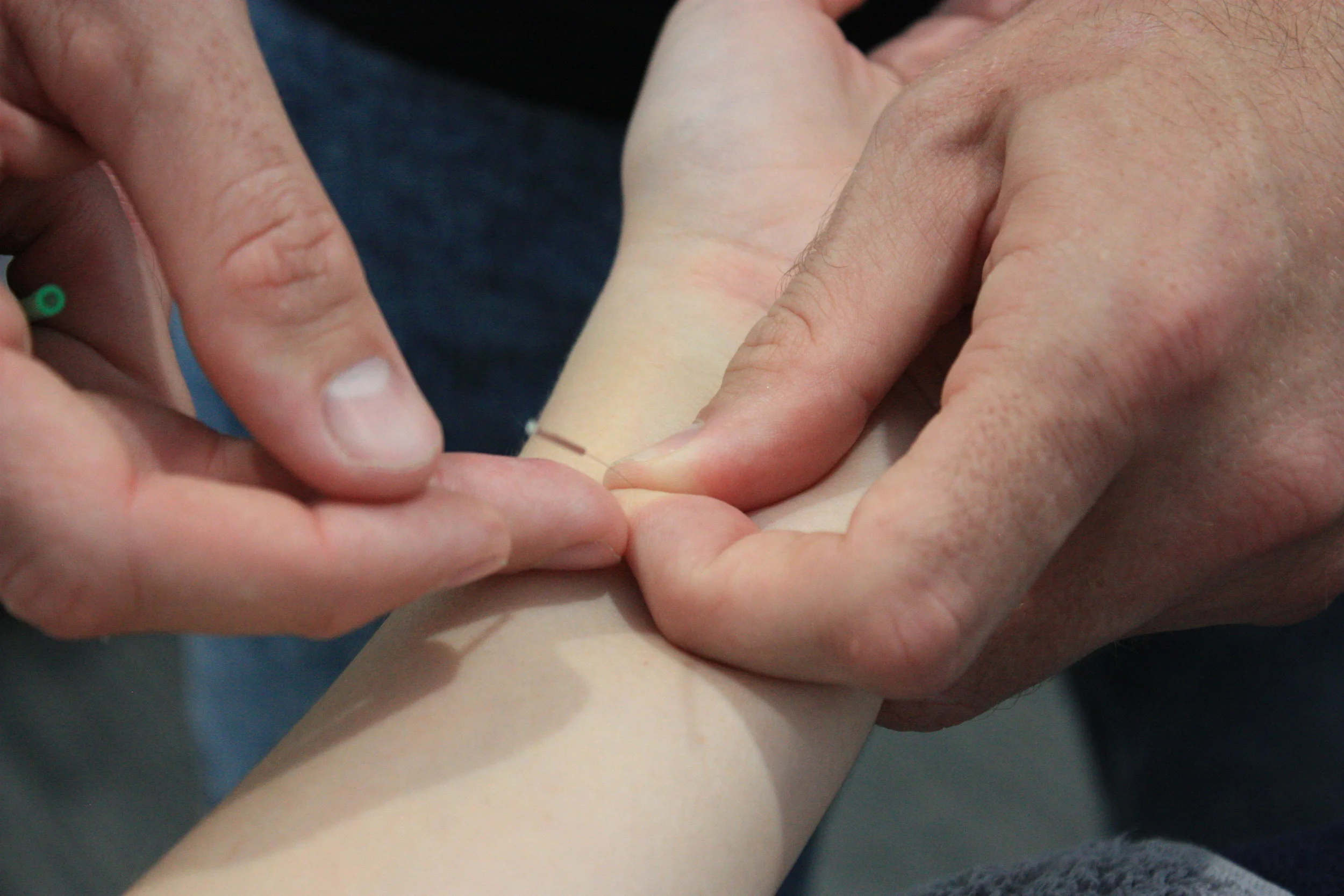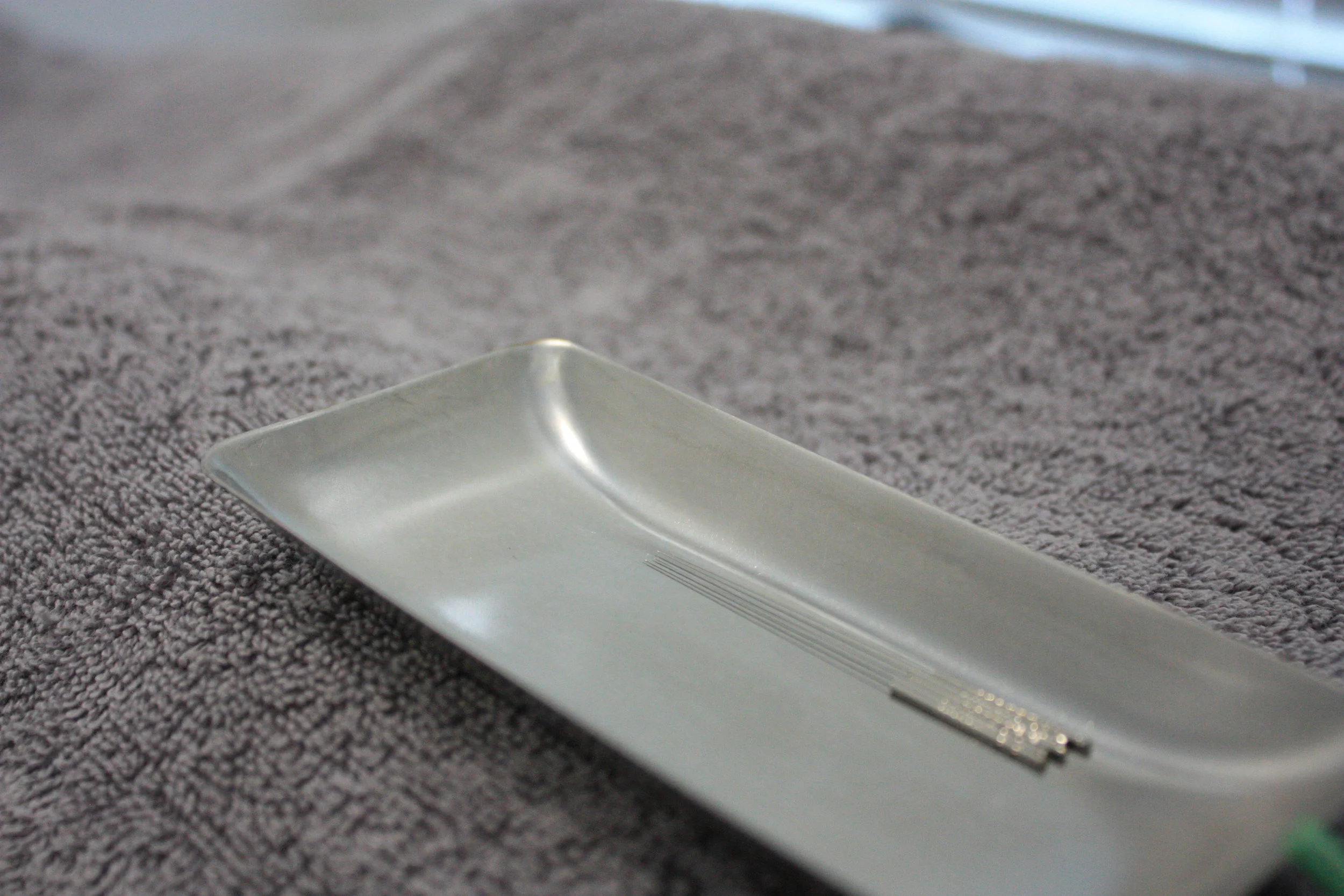What do I bring to my first appointment?
At your first appointment you need to bring any relevant test or imaging reports, your private health insurance card (if you wish to utilise our HICAPS machine) and wear comfortable and loose fitting clothing. Copies will be taken of any reports you supply and originals returned to you.
How long is an appointment?
At our Gold Coast Acupuncture clinic your first appointment will run for up to 1.5 hours, this allows us to time to assess you, treat you and discuss a plan for any further treatments. Follow up appointments will be approximately 1 hour.
How many treatments will I need?
There are 3 main factors to consider when predicting how many treatments will be needed. These factors are the chronicity of the problem, the severity of the problem and your overall health. It is also important to understand that physical medicines (like acupuncture, massage etc.) work in an accumulative manner and you should expect incremental improvement over your treatment course.
If you have a chronic problem it may require a longer treatment course; a new problem can typically be resolved quickly.
If you have a severe problem it may require a higher frequency of treatments; a mild problem does not need to be managed as proactively.
If you have poor overall health the natural healing ability of the body is weaker and therefore any attempts to promote health will take longer and be more complicated; good overall health is associated with faster and more effective healing.
Where can I park?
We have FREE dedicated parking directly in front of the clinic, disabled parking spaces are also available.
Does acupuncture hurt?
Acupuncture needles are very fine. Needles used at our acupuncture clinic have a thickness between 0.14mm and 0.3mm. In contrast, hypodermic needles used for withdrawing blood have an average thickness 0.8mm. Additionally, the guided insertion method, which uses a thin tube to stabilise and assist insertion through the skin, minimises any sensation or discomfort. Sensation may be produced during deep needling which can elicit feelings of warmth, heaviness, an ache, or movement in the body, however these sensations are unlike anything related to an injection or blood test.
How does acupuncture work?
The response has both an Eastern and Western version, but the answer is often better understood by our patients when given from a modern biomedical or Western perspective. According to the catalogue of current and past medical research acupuncture causes a reaction in three distinct pathways. Firstly, acupuncture stimulates peripheral nerves causing a cascade of changes in the brain and internal organs. Secondly, acupuncture stimulates the body to release a range of biomolecules associated with tissue healing and disease resolution. Thirdly, acupuncture has local effects in the tissues which the needles are inserted.
As of 2019, acupuncture practice is supported by a large body of research that shows acupuncture is indeed effective for a variety of conditions, and in certain instances, more effective than usual care. This research has also established that acupuncture consistently outperforms sham acupuncture (imprecise/ random positioning of needles), demonstrating specific effects beyond those associated with placebo or other non-specific effects. There is, however, still some controversy surrounding the methodology of acupuncture research which has created heated arguments amongst academics. This is mainly due to difficulties applying standard research designs and specifically finding an inert control treatment that resembles acupuncture (i.e. sham acupuncture).
Is acupuncture safe?
Acupuncture is among the safest interventions in modern medicine. Severe adverse events are rare and most can be avoided by using quality acupuncture needles, clean needle technique and adequate training. Minor adverse events are more common, however these are mostly an inconvenience for the patient. In the largest study on acupuncture safety 4,441,103 treatments were performed with 0.003% experiencing a severe adverse event (including pneumothorax, hyper/ hypotensive events, skin infections, asthma attacks, aggravation of suicidal thoughts). 7.9% experienced minor adverse events (including needling pain, bruising, bleeding). Due to the low risks associated with its use, acupuncture is thought to be safe to use during pregnancy and on cancer patients.
What is Qi?
Qi (pronounced – chee) is a major concept within Traditional East Asian Medicine, and appreciating this concept is essential to the practice of traditional acupuncture and moxibustion. We can reasonably understand this concept separate from Chinese culture and language, but it does take some effort. The main problem understanding Qi is that it has no definitive meaning. When you try and make Qi a definitive term you will find it can have hundreds of meanings (as shown in most Chinese dictionaries). The following are the most critical aspects of the concept as they relate to medicine.
1. Qi can be considered the finest form of matter. In medicine we consider Qi part of all matter that composes the human body. It is important NOT to view Qi as a discreet substance, but as a constituent of all bodily tissues and substances.
2. Qi is considered the force that engenders life. More specifically, Qi is considered to animate and drive the functioning of the human body.
3. Qi gives rise to spirit. When the human body functions optimally it engenders our consciousness and thinking.
It is important to remember that Qi is not a discreet substance and therefore it cannot be found. Qi is a concept used by our ancestors to understand our universe. If we view it as a representational term we are more likely to think about what it is describing and not be bamboozled into thinking of it as a mystical force of energy.
What are the meridians?
The meridians are a unique exploration of our anatomy. They capture how our bodily structures and their movements integrate and shape our physiques. Furthermore, they are also designed to capture how our body’s shape, feel and movements become distorted in response to illness. Naturally, meridian theory became synonymous with physical medicine practices like acupuncture, moxibustion and massage.
What is Holism?
A philosophy that the parts of a system are intimately interconnected, such that they do not exist independently of the whole, or cannot be considered without reference to the whole, thus the whole system is considered to be greater than the sum of its parts.
CHOOSE US FOR ACUPUNCTURE GOLD COAST
This article’s purpose is to provide general information for prospective patients searching for acupuncture Gold Coast. If you have any questions or would like to book an appointment Contact us today. Written by Adam Hjort - last updated October 2019.


